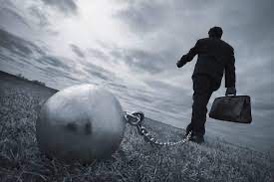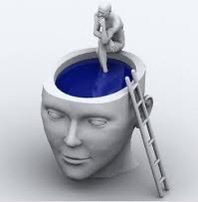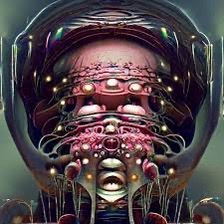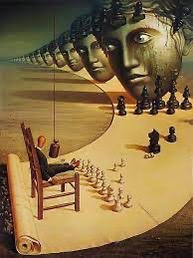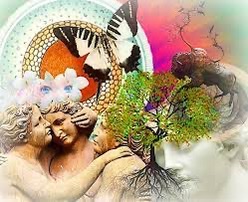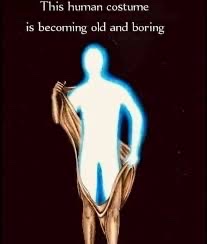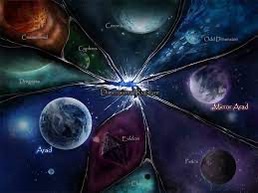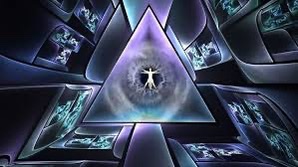Now there are at least two distinct ways to go with regards to belief change, if you do indeed wish to change your beliefs and thus your reality: you may change your perceptions of your Personal Reality Field, or you can go for direct change of the underlying beliefs themselves. First, though the ancient technologies of Healing Talk via the Trance State, and through other Rituals of Contact and Communication with nonphysical beings, such as the Energy Personality and other Energy Bodies, the perceptions of the Personal Reality may be altered, thus altering the Reality creation. We may also describe this as a “fine tuning” of the Inner Senses, so that they may more clearly perceive and create.
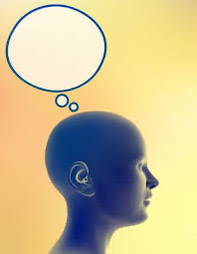
The second method entails identifying the beliefs you wish to change through a self-questioning process and creating more productive belief statements representing improved “healthier” beliefs that you wish to “make your own.” The statements are then continuously written down or typed into a computer, the theory being that the new beliefs are internalized the more that you document them.

These two methods represent two different ways of relating to physical reality: the imaginable and the literal. Naturally there are others. If you feel more comfortable visualizing your beliefs, I suggest you use the imaginable method in your experiments. If you feel more comfortable writing them down, use the literal approach. And of course, beyond my humble offerings, use your own methods that suit you.

Again, for those of you who may feel uncomfortable with terms such as Trance State and Ritual of Contact and Communication, please make up your own names for these states of consciousness. I am merely using common terms that the majority of my Blog Readers may understand. The Trance State is used by many of us on the subtle levels as we attempt to make ourselves understood.


As for the use of the term Ritual to describe the process of contacting and communicating with the denizens of non physical reality, please note that the term Ritual is the precise one used in our World Religions to describe their individual and carried methods for contacting the various spirits, gods and goddesses, God, and what have you. So we are merely presenting terms already in common usage by those of us in the West and elsewhere.








